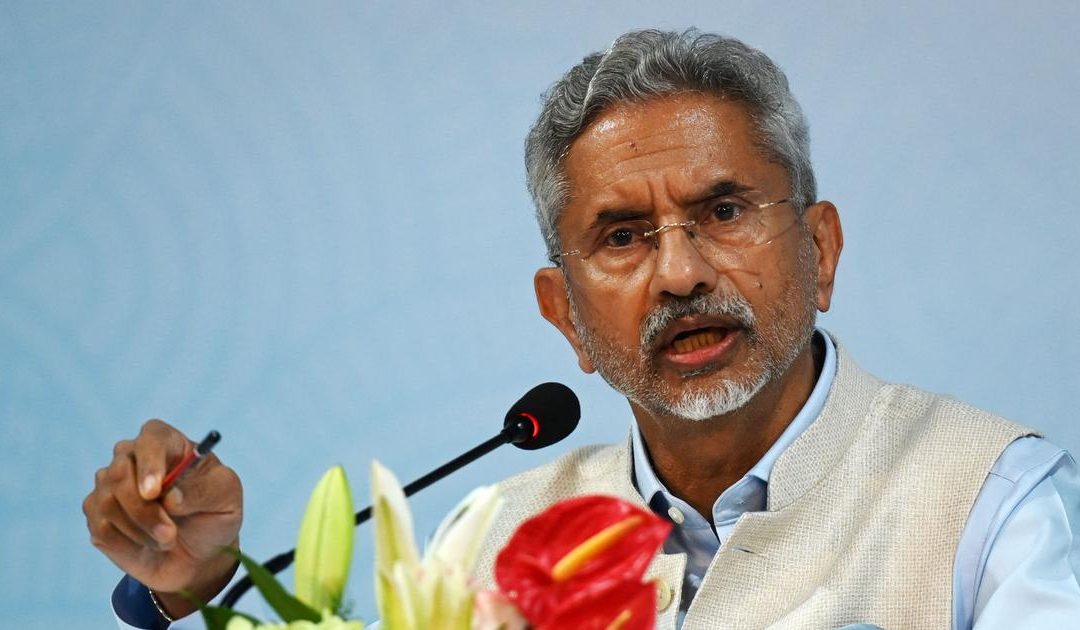China announced on Friday that its troops have disengaged from four locations in eastern Ladakh, including the Galwan Valley, asserting that the border situation between China and India is generally stable and under control.
Chinese Foreign Ministry spokesperson Mao Ning stated that during a recent meeting in Russia, India and China agreed to collaborate on creating favorable conditions for improving their bilateral relationship.
“On September 12, Director Wang Yi met with India’s National Security Adviser Ajit Doval in St. Petersburg. Both sides discussed the progress made in recent consultations on border issues. They agreed to implement the understandings reached by the leaders of both countries, enhance mutual trust and understanding, and work towards improving bilateral ties while maintaining communication,” Mao said.
When asked about the prospects of reviving the strained bilateral ties, which have been frozen for over four years due to the military standoff in eastern Ladakh, Mao highlighted that disengagement has occurred in four areas, including Galwan Valley.
“In recent years, the front-line forces of the two countries have disengaged in four areas in the Western sector of the China-India border, including Galwan Valley. The border situation is generally stable and under control,” she added.
Mao’s remarks followed Indian External Affairs Minister S. Jaishankar’s statement that approximately 75% of the “disengagement issues” with China have been resolved, although he noted that increased militarization at the border remains a concern.
During an interactive session at a Geneva think tank, Jaishankar discussed the impact of the Galwan Valley clashes in June 2020 on the broader India-China relationship, emphasizing that violence at the border affects the entirety of bilateral ties.
Jaishankar revealed that negotiations between India and China have been ongoing since 2020 to address remaining issues, stating, “We have made progress. Roughly 75% of the disengagement issues are resolved, but we still have some work to do.”
NSA Ajit Doval and Chinese Foreign Minister Wang Yi held talks on the sidelines of the BRICS national security advisors’ conclave in St. Petersburg on Thursday. As Special Representatives for the India-China border talks, Doval and Wang focused on reviewing recent efforts and setting an agenda to resolve outstanding issues.
The Ministry of External Affairs (MEA) of India reported that Doval and Wang agreed to work urgently and intensify their efforts to achieve complete disengagement at the remaining friction points in eastern Ladakh. The MEA stated that their meeting provided an opportunity to review efforts toward an early resolution of the issues along the Line of Actual Control, aiming to stabilize and rebuild bilateral relations.
Relations between China and India have been at a decades-long low since the standoff began in April-May 2020. Despite numerous rounds of diplomatic and military talks leading to troop withdrawals from several friction points, such as Pangong Lake, Gogra, and Hot Springs, India maintains that normalizing relations with China depends on achieving peace in border areas. The two countries have conducted 21 rounds of Corps Commander-level talks to address the standoff.






